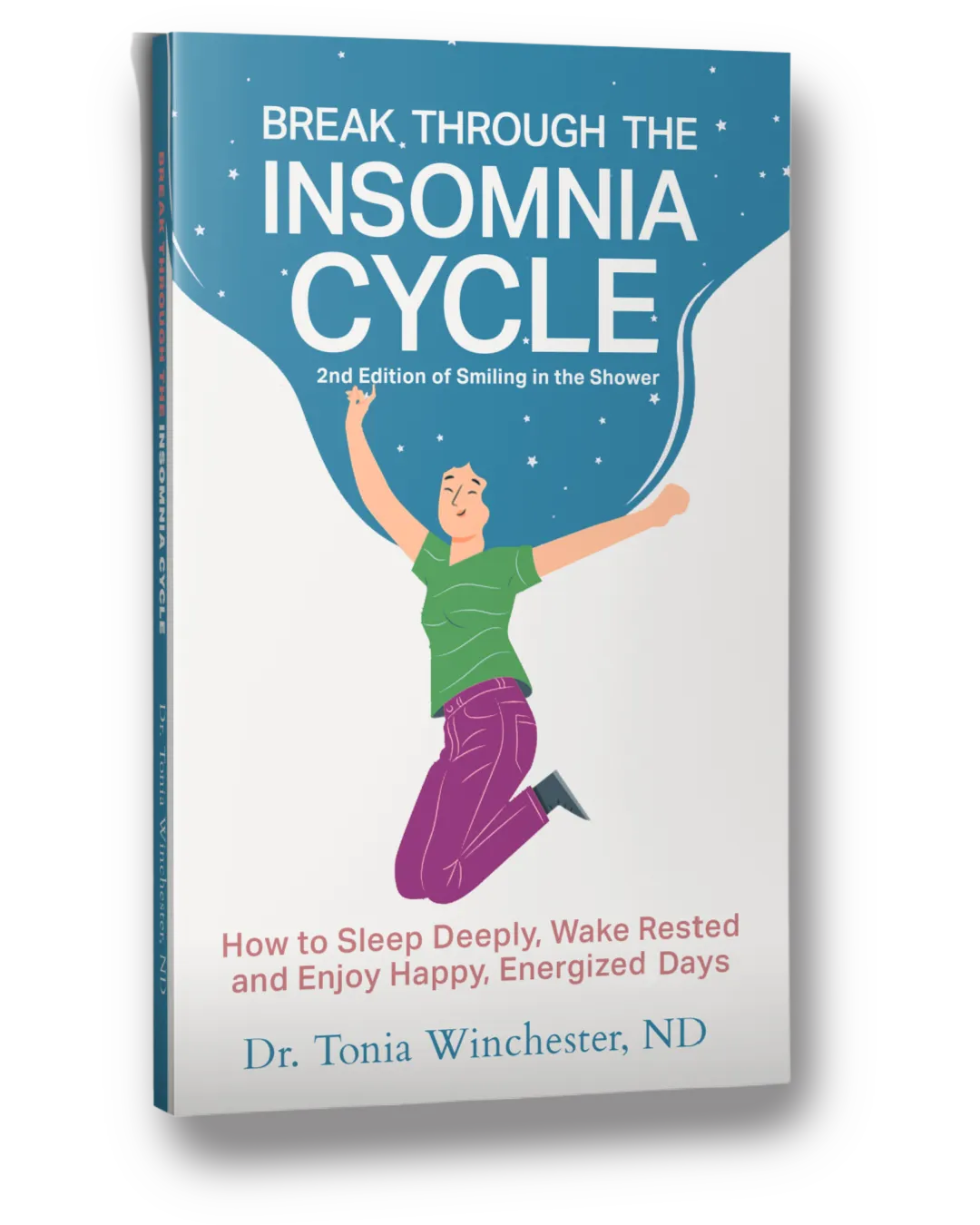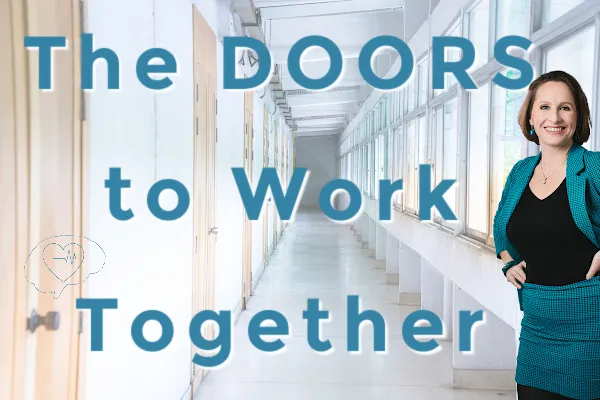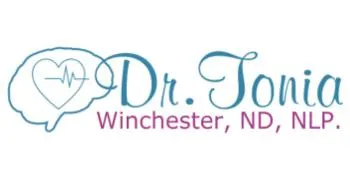GUEST Podcasts, Posts, Vids
for All things Mind-Body Healing
Tonia Winchester Coaching
Need Help? Call or text us at
(778) 743-1277
IN A MOOD TO BINGE?
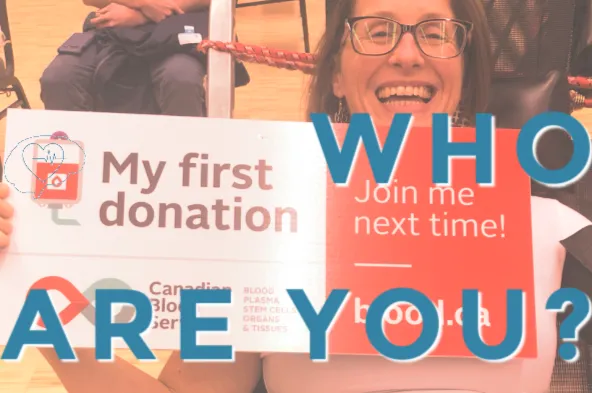
Who Are You?
" I deeply believe that I am primed to heal. It's who I am, being a superhealer. I'm curious about you, how would things change for you if you believed that you were also a superhealer, that your body knows how to heal, that it can, that it wants to? Next down are beliefs." - Dr. Tonia Winchester
If you were to have a framework that could help you live a healthy, happy, life... would that be valuable to you?
In this episode I share a (very positive) experience of my first ever blood donation with Canadian Blood Services, because my experience allowed me to weave together the perfect way of describing a really helpful approach to living and life!
This episode serves as a prelude to episode number 46, where I'll reveal a deeply personal story about how I overcame my biggest health challenge. It's a topic I've rarely discussed publicly, or privately, for reasons you'll hear about in next week's episode. For now though, lets get wondering and curious about this healthy framework, for life and living!
DISCLAIMER: This podcast is not in any way, shape, or form designed to be therapeutic, clinical, or medical advice. This episode isn't specifically about bioidentical hormones and advocating for them or not. The two conversations that inspired this episode related to that topic. If that's something that you're wanting to talk about, please see your naturopathic doctor in your local area. If you're local to me—that's Central Vancouver Island, British Columbia—I’d love to meet you as a patient and help you out with that or at least have a conversation about it. But that's not what this conversation is about today….
LISTEN IN HERE:
OR CLICK HERE TO LISTEN IN ON YOUR FAVORITE PODCAST PLATFORM
PREFER TO READ?
If you'd prefer to read an approximate transcript scroll to the bottom of this post.
SHOW NOTES-
FROM DR. TONIA:
EPISODE 20 - The Simple Trick To Get Anything You Want
EPISODE 46 - That’s Easy For You To Say
BLOG: It’s Okay To Change Your Mind
BLOG: The Most Important Thing To Prevent Heart Attacks and Strokes
BLOG: A Cocktail You Might Actually Need
INFO: Naturopathic Injection Therapy
FROM OTHERS:
ROBERT DILTZ - Logical Levels:
1. Purpose, 2. Identity, 3. Beliefs, 4. Values, 5. Capabilities, 6. Behaviours, 7. Environment.
DONATE BLOOD - Canadian Blood Services
STUDIES:
Meyers D. et al. Possible association of a reduction in cardiovascular events with blood donation. Heart 1997; 78:188‐193.
Salonen JT, Tuomainen TP, Salonen R, Lakka T, Nyyssönen K. Donation of blood is associated with reduced risk of myocardial infarction. The Kuopio Ischaemic Heart Disease Risk Factor Study. Am J Epidemiol. 1998 Sep 1;148(5):445‐51.
Thank you so much for being here and tuning in.
🧠💗💫May you choose to make all your dreams come true!
Dr. Coach Tonia Winchester, ND, NLP
APPROXIMATE TRANSCRIPT (AI generated summary)
In this episode, I'll be weaving together several ideas I've been contemplating recently, all of which came into focus during a recent blood donation experience with Canadian Blood Services. I'll share some moments from that experience and connect them to a broader concept.
This episode serves as a prelude to episode number 46, where I'll reveal a deeply personal and largely private story about my biggest health challenge. It's a topic I've rarely discussed publicly, or privately, to be honest. I believe it's important to share now. I've already recorded that episode and I realized it needed an introduction to some of the insights and knowledge I've gained through that experience.
So, let's dive in. Let's get wondering.
I've been meaning to donate blood for a long time. I actually tried to donate blood back when I was a naturopathic student in 2005. At the time, I was turned away because I was too promiscuous. Oops, I was in my 20s; what can I say?
One of the things that has interested me about donating blood, besides the fact that it's very kind to our fellow humans, is that I'm an O-type, the universal donor. Everybody can use my blood. My blood is clean and toxin-free, which I'll talk about more in a bit.
About eight or ten years ago at one of our naturopathic conferences, one of our mentors shared studies showing that people who donate blood regularly decrease their risk of cardiovascular events by 60 to 80 percent. No drug does this. Statin drugs are used to lower cholesterol production in people with high cholesterol. If someone's risk of having a cardiovascular event is 10 percent based on their lifestyle factors, genetics, environment, and stress, a statin medication will lower their relative risk by one percent. Blood donation changes that risk by 60 to 80 percent.
He asked us why this information isn't more public and shared a story about someone he knew who worked for a blood bank in Seattle. When asked why this information isn't shared as encouragement for people to donate, she said they only want people to donate for altruistic reasons.
This information is true for both men and women. Women pre-menopause have a drastically lower rate of cardiovascular events than men, but after menopause, women often surpass men in having heart attacks and strokes.
There are different theories about why donating blood changes our risk factors. The main theories surround the thickness and viscosity of the blood. Donating blood is essentially like taking a blood thinner. I'm simplifying things here, but I want to move on to the important parts of this podcast.
I've been afraid to donate blood not because of the procedure but because I didn't think I had the capability within my own body due to a health challenge I'll share in the next episode. Now that this health challenge is resolved, I've been thinking about donating again. Recently, a dear friend of my husband and mine who was in a motorcycle accident inspired me to donate. He used a lot of blood during his surgeries and requested his community to donate as often as they can.
I set up my first donor appointment and arrived at the clinic. The first person checking me in took all my information and asked if I had ever donated before. I said no, but I had attended a blood donor clinic before under my maiden name, Mitchell. After this initial check-in process, she gave me a sticker indicating it was my first time so people would explain things clearly.
The next step was filling out a screening questionnaire on a computer. I was delighted to say no to every single question: no medications, no chronic diseases, no longer promiscuous—no to all of them.
Then I sat down to eat some chips and drink water, which I refused since I had ample water on my drive there and didn't want chips. Mental note for next time: make homemade electrolyte replacement drink since I'm allergic to potatoes.
Next, I went into a cubicle with the nurse who checked my hemoglobin levels. You need a hemoglobin level of 125 to donate; mine was 158.
After being cleared, I met the phlebotomist who would take care of me during the procedure. She introduced herself and mentioned it was her first day there but felt confident after seeing my veins.
During the procedure, everything went smoothly without any wooziness or dizziness. As an IV technician myself, I'm comfortable with needles and blood.
Afterward, I sat at the table with snacks again but didn't eat any chips or cookies. Finally, after waiting for 15 minutes as required, I left with my sticker and pin.
This experience illustrated something called Logical Levels by Robert Dilts from NLP (Neurolinguistic Programming). It's a helpful framework for living a high-quality life.
At the top is purpose: Why am I alive? Donating blood serves my purpose of helping others.
Next is identity: Who am I? I'm Dr. Winchester and see myself as a superhealer.
Then beliefs: What do you believe? My belief in my capability affects how I behave.
Values: How do you choose? Health is my highest value followed closely by love.
Capabilities: What skills do you have? Both mine as an IV technician and self-hypnosis helped me through this experience calmly.
Behavior: What do you do? These are observable actions like donating blood.
Finally, environment: What does all this create around you? This includes relationships and surroundings shaped by higher levels down through behaviors.
Reflecting on these categories helps understand how thoughts translate into actions affecting our lives' results—health included.
So spend some time considering your purpose (why), identity (who), beliefs (what), values (how), capabilities (skills), behaviors (actions), leading finally into your environment (people/places around you).
Who are you?
Why are you here?
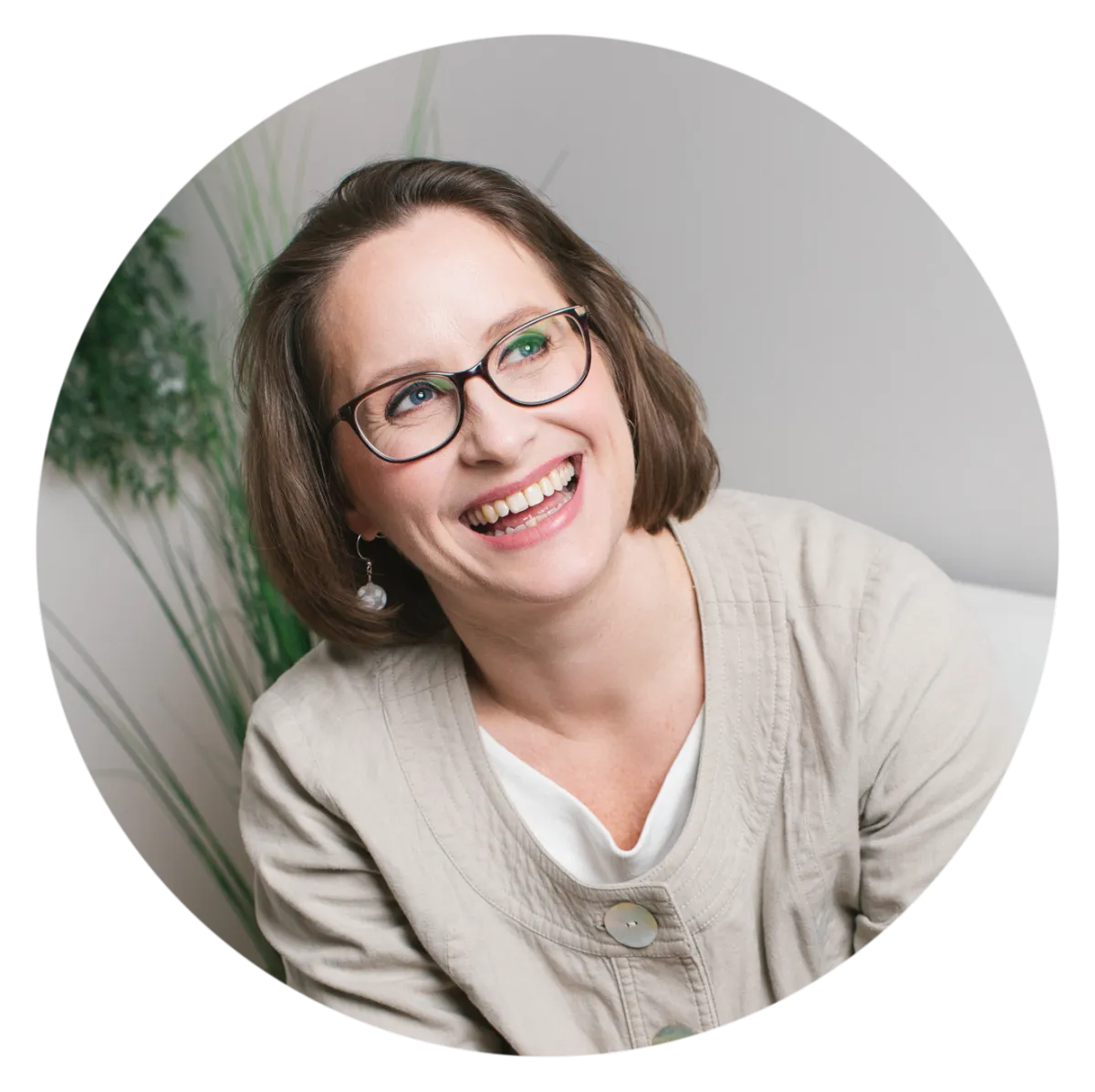
I help every day folks
release the painful imprint of the past, Shift their perspectives, create healthy habits so they can Enjoy exceptional lives!
My clients are people stuck in their health or lives with burnout, insomnia , anxiety, or stress. After working with me they can calm their minds, sleep deeply, and find joy and energy again - all with out talk therapy or medications.
FOR SUPPORT ISSUES OR QUESTIONS, PLEASE EMAIL: vitality@toniawinchester.com
Copyright @2022 - 2025 Tonia Winchester · All Rights Reserved
This site is not a part of the Facebook website or Facebook Inc. Additionally, this site is NOT endorsed by Facebook in any way. FACEBOOK is a trademark of FACEBOOK, Inc.

